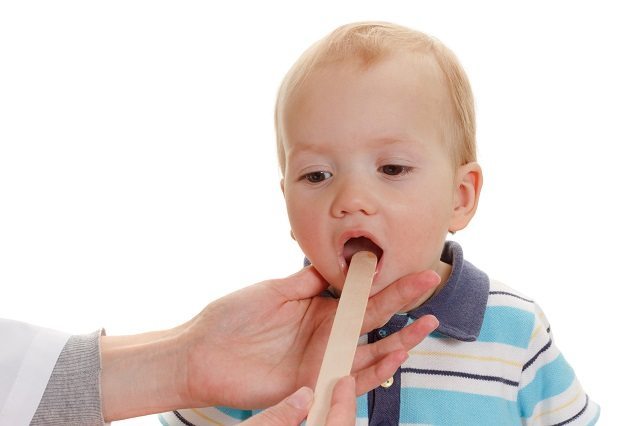What is Bronchiolitis?
Bronchiolitis is a common viral infection caused by the inflammation of the bronchioles. It affects about a third of babies in their first year. Babies are most likely to get bronchiolitis during the winter months, between November and March. Around three per cent of infants who are under 12 months and have suffered from bronchiolitis will need to be admitted to hospital.
Bronchiolitis occurs when the smallest airways of the lungs gets infected, becoming swollen and fills with mucus. This blocks the flow of air, making it harder for a baby to breathe and causes other unpleasant symptoms.
What are the symptoms of bronchiolitis?
The early symptoms of bronchiolitis are quite similar to symptoms of a common cold. This includes a runny nose,cough and mild fever. Further symptoms will develop over the following days with a slight high temperature, loss of appetite or trouble feeding and a dry and persistent cough.
When should I take my baby to the doctor?
Most cases of bronchiolitis are not serious and can easily be treated at home but if you’re unsure as to whether or not your baby has bronchiolitis we recommend you visit your GP.
Contact your doctor straight away if you notice that your baby shows any signs of the following:
- If your child has less than half of the usual amount of milk over the past 24 hours.
- Dehydration (dry mouth and lips or no wet nappy for six hours or more).
- A temperature that rises above 38 degrees C if under three months, or 39 degrees C if under six months.
- Lethargic and sleepy.
- Struggling to breathe.
Breathing difficulties is a major symptom of severe bronchiolitis, so keep an eye on your baby for signs he is having trouble breathing. Phone an ambulance or take your baby to A&E if:
- Beginning to wheeze (whistling sound as he breathes).
- Flared nostrils.
- The skin between below the ribs, above the collarbone, or even between rib cage appears to suck in with each breath.
- Grunting, or tightening of tummy muscles when breathing.
- Lips and fingernails start to turn blue.
- Breathing becomes more rapid (more than 60 breaths per minute).
- Breathing halts for a few seconds at a time.
How can I treat Bronchiolitis?
For a mild case, your doctor should advise home treatments similar to those for a common cold.Most cases of bronchiolitis should get better on their own within a week or two. Try these treatments similar to treatments for the common cold to overcome bronchiolitis:
- Encourage your baby to take bottle feeds or extra breast feedings. If your baby is on solids or formula fed, water can be given too. Offer short, frequent feeds if breathing becomes laboured. This should prevent them from becoming dehydrated and bring down his fever.
- Paracetamol or ibuprofen will help to bring down your baby’s fever and relieve any sore throat. Check the dosage information on the packet, or ask your doctor or pharmacist if you’re unsure about how much to give your baby.
- If your baby is having trouble feeding due to a stuffy nose, sit them upright during feeds. You can also try nasal drops, which will help unblock the nose. You can buy these from your pharmacy. Apply the drops to each nostril 15 minutes before feeding.
- Don’t give your baby any over-the-counter cough and cold medicines. They should not be given to children under six years of age, because of the risk of side-effects.
- Severe cases of bronchiolitis mean they may also need be hospitalised for two or three days to help them get over the worst of the illness. Oxygen may be given to help the breathing, and your baby may be fed through a tube if he/she isn’t feeding well and is dehydrated.
maternity & infant
Originally posted 2016-02-11 14:09:50.









